In this week’s student spotlight, we are catching up with Ellisen Herndon, the department’s second RSGA representative for 2022 (we featured Maclane last week ICYMI). She is a first-year Master’s student interested in how social determinants of health affect disease distribution in Georgia. Read on to learn more about her background, favorite parts about Rollins, and plans for her new role as EPI rep.
Tell us a little bit about your academic history/where you went to school.
I am an Emory alumna! I graduated in 2018 with a BS in Biology and Sociology.
Are there any exciting projects that you are currently working on that you’d like to share with us?
I am planning for my APE this summer, aiming to focus on geographic information systems and equitable healthcare access.
When applying, what were you looking for in a public health school, and what factors drove you towards Rollins?
I was looking for a school where I could tailor my education to my interests, while also reserving room to learn new things. Additionally, since professors at Rollins are at the forefront of their respective fields, they can provide valuable and unique insight.
What advice do you have for people who may be interested in getting their MPH?
Take courses that may be out of your comfort zone – you may fall in love with a new topic.
What is your favorite part about earning your MPH at Emory?
I enjoy working and studying alongside intellectually dedicated and creative people. The student body, faculty, and staff truly push you to become the best version of yourself.
What are you most looking forward to during your term as RSGA EPI student representative?
I am most looking forward to bringing fun and exciting activities to the students in the EPI department!
What are some changes or cool ideas you are looking to bring to bring to the department?
We are really hoping to get the Epidemiology student body engaged with other departments. We want to build a strong Rollins community – where personal, academic, and professional connections extend beyond the boundaries of discipline.
What are three fun facts that you want people to know about you?
- I was a competitive dancer for 16 years.
- All my plants are named after my favorite TV characters.
- I am half Puerto Rican!
If you currently live in Atlanta, what is one place that you would recommend people to visit?
The Westside Reservoir Park! It is part of the Atlanta BeltLine project and is located at a beautiful quarry.
It was great getting to know you, Ellisen! Tune in next Monday for another feature of #WeAreEmoryEPI.
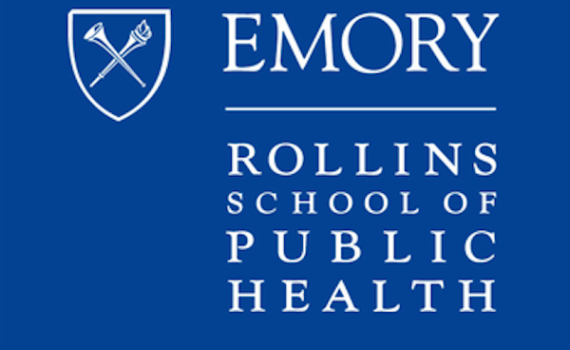
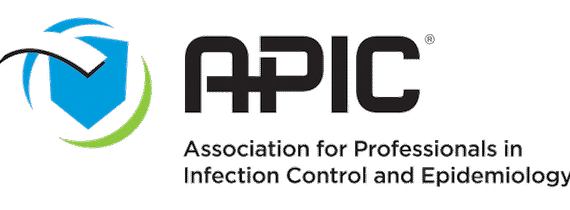
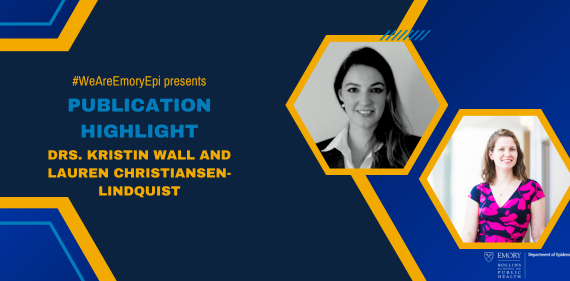

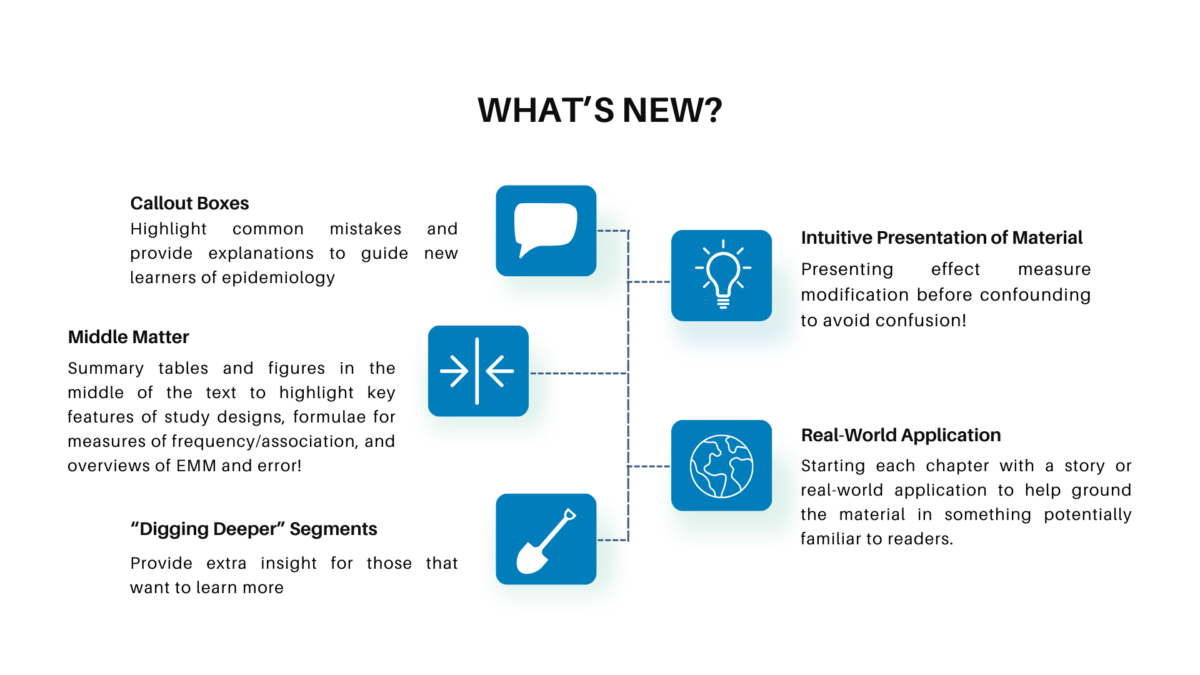
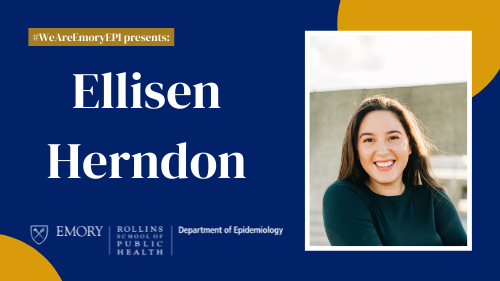

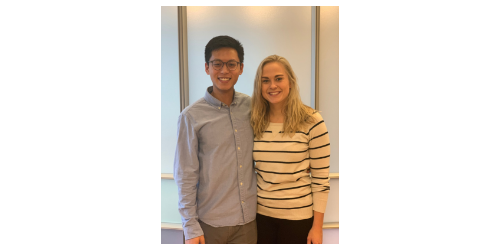
Recent Comments